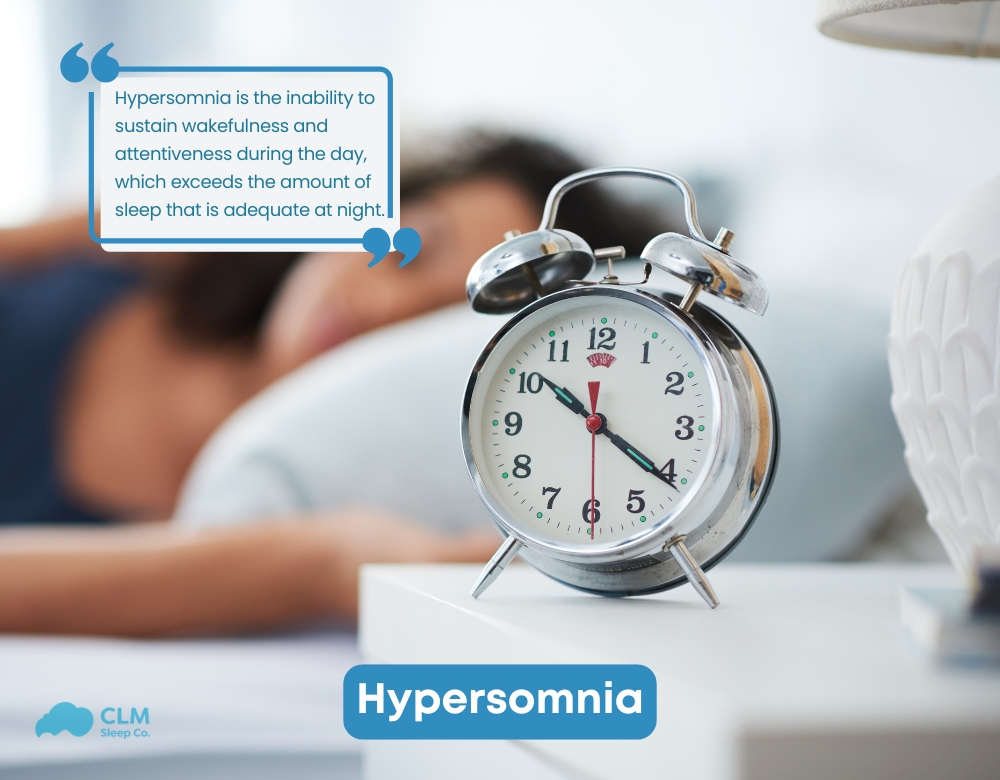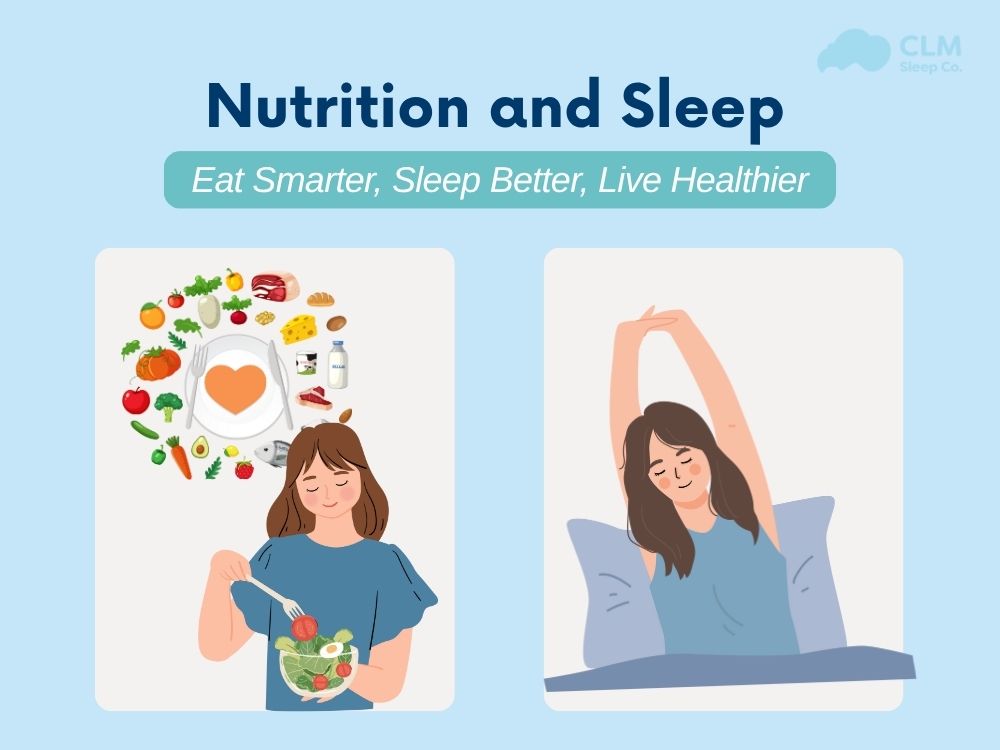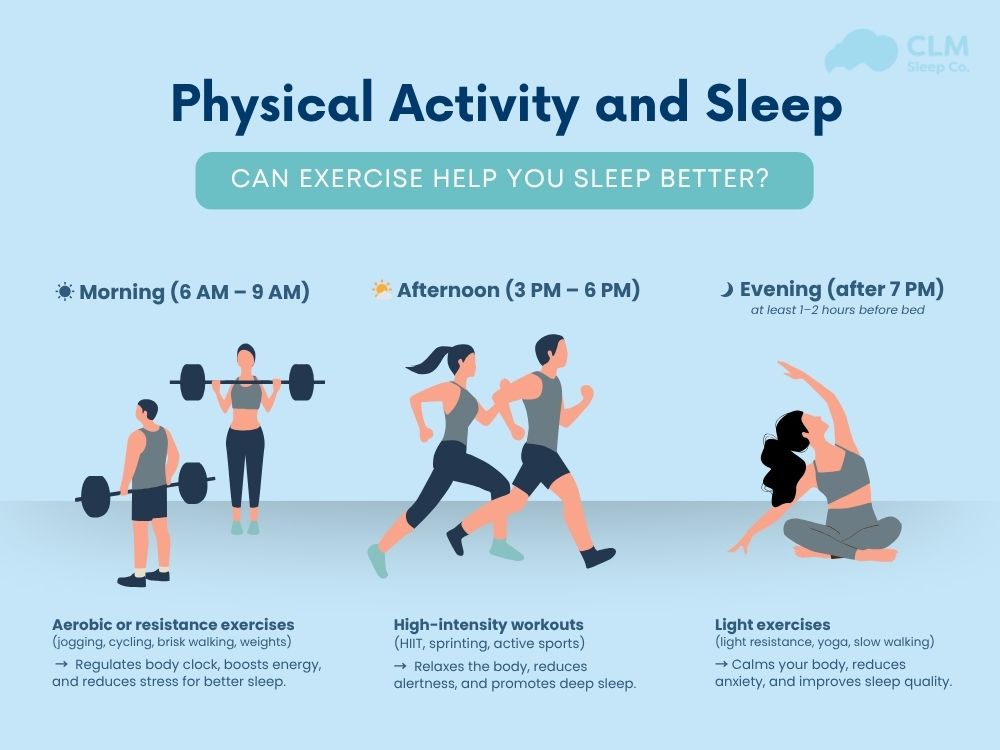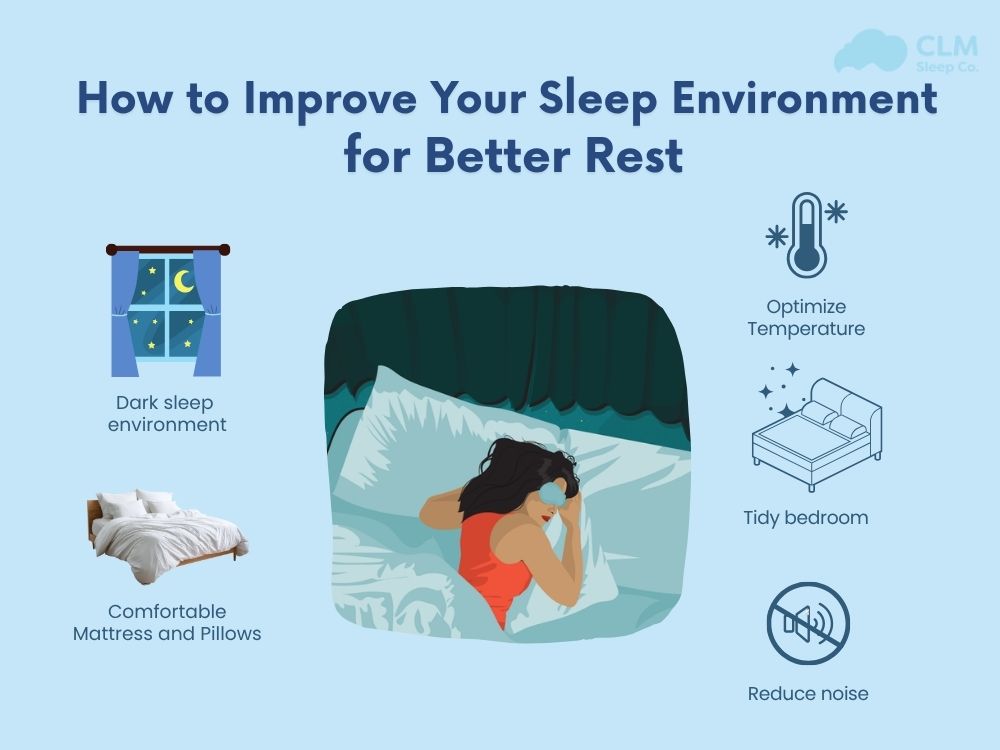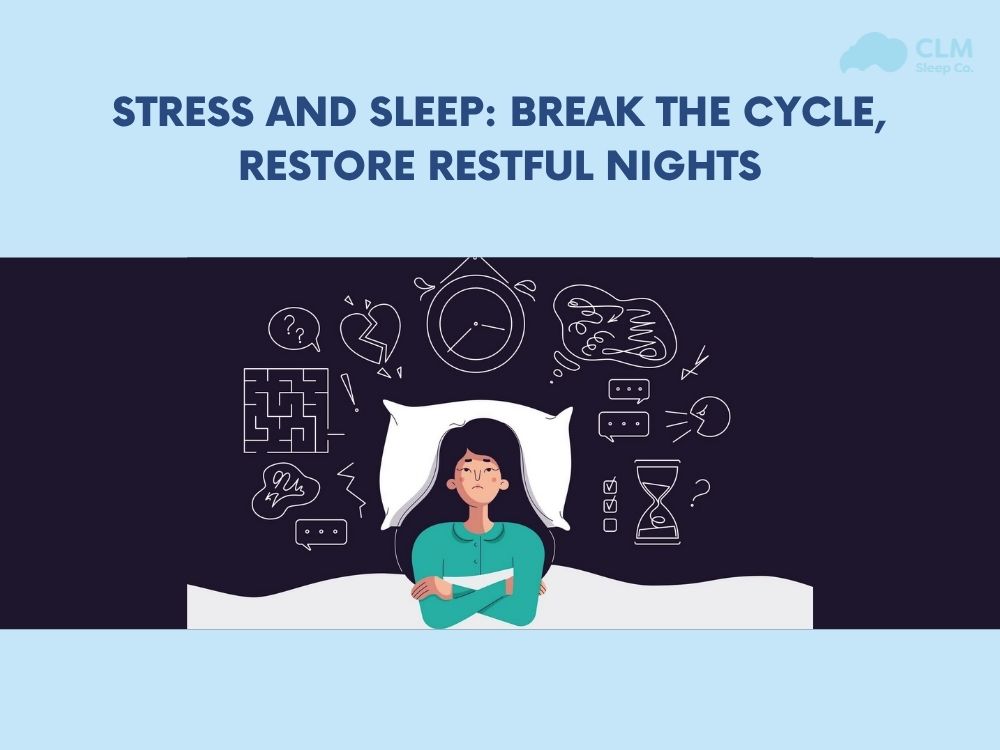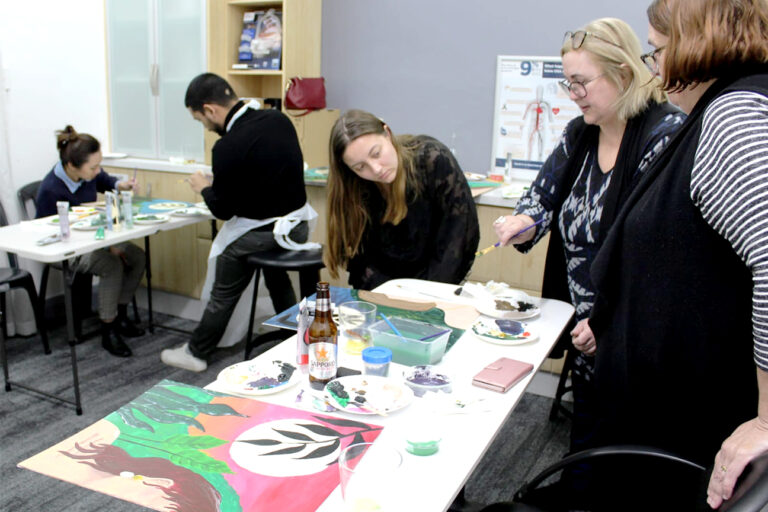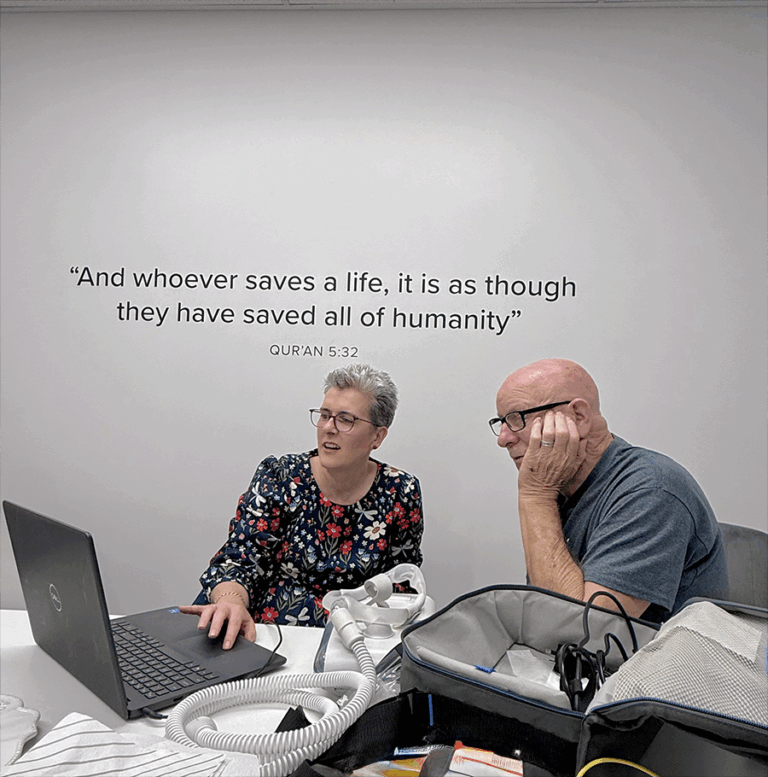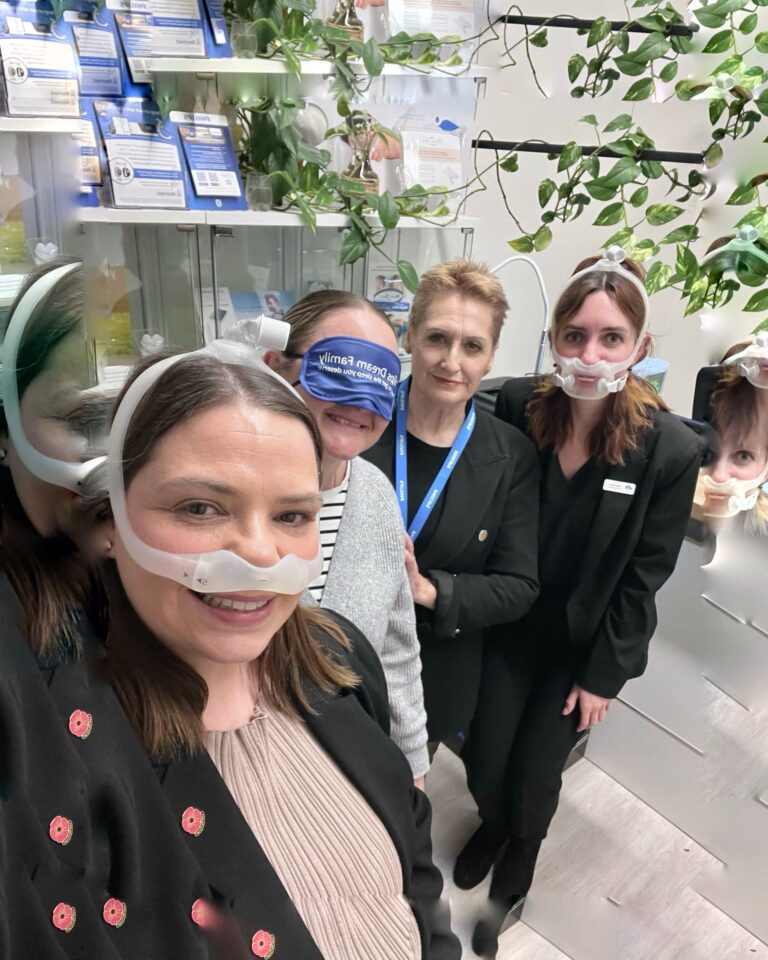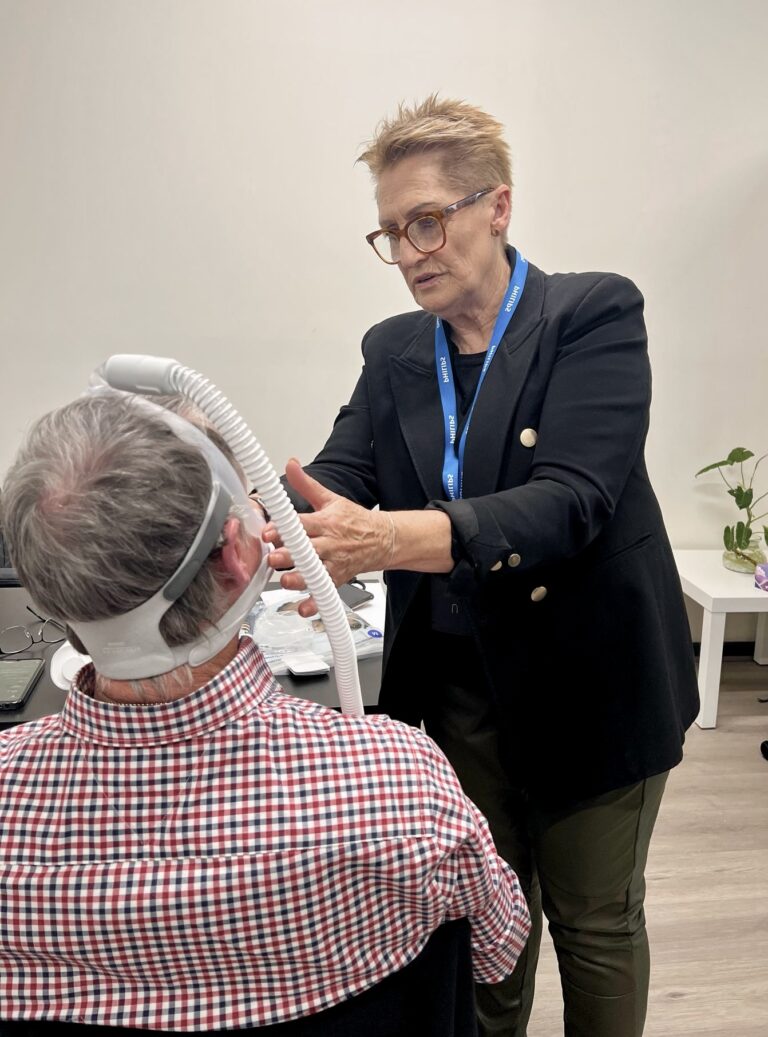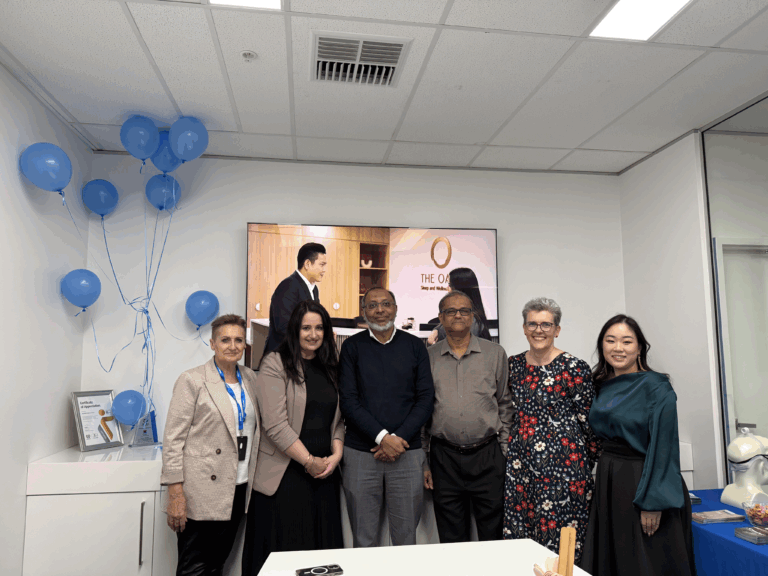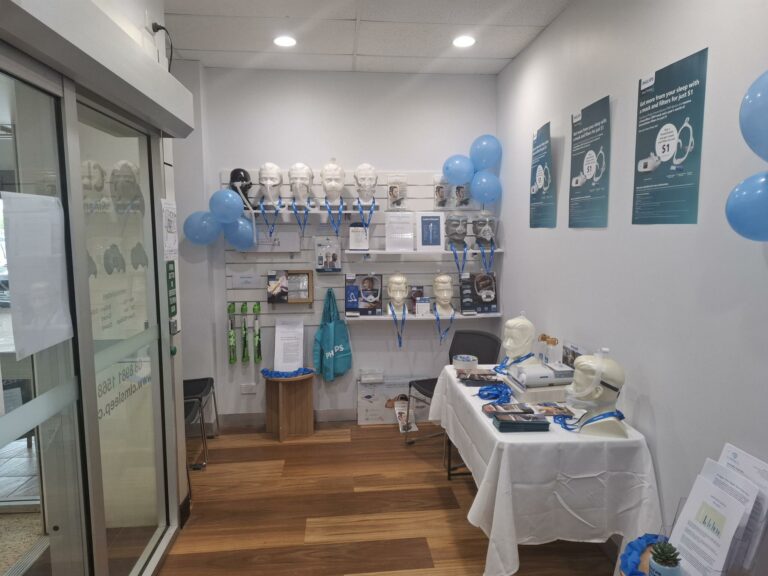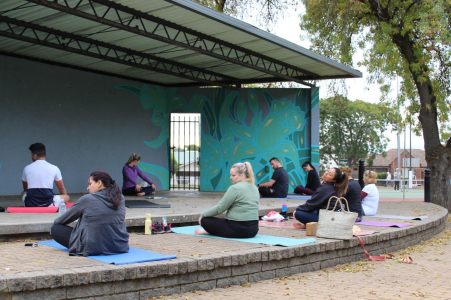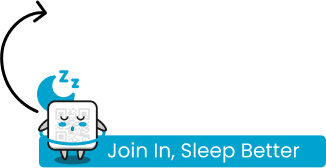Have you been feeling extraordinarily fatigued throughout the day even after having the appropriate rest at night? You might be suffering from hypersomnia, an overpowering loss of energy, productivity, and quality of life. This guide explores hypersomnia, including its symptoms, causes, and treatments that could also save you and your family from it. Improve your health right now and begin this journey toward better sleep and life!
What is Hypersomnia?
Detailed Explanation of Hypersomnia
Hypersomnia is the inability to sustain wakefulness and attentiveness during the day, which exceeds the amount of sleep that is adequate at night. It has an impact on the vocational, social, and domestic spheres. Treatment approaches include pharmaceuticals, nondrug approaches, and support groups.
Types of Hypersomnia
The classifications of Hypersomnia are as follows:
- Primary Hypersomnia: Such as idiopathic hypersomnia, occurs without any associated medical condition. It generally takes the form of chronic disease and difficult diagnosis with symptoms characterized by severe disruption of daily routines.
- Secondary Hypersomnia: Results from another medical condition or external factor, such as sleep apnea, depression, or substance abuse. Addressing the underlying cause often alleviates symptoms.
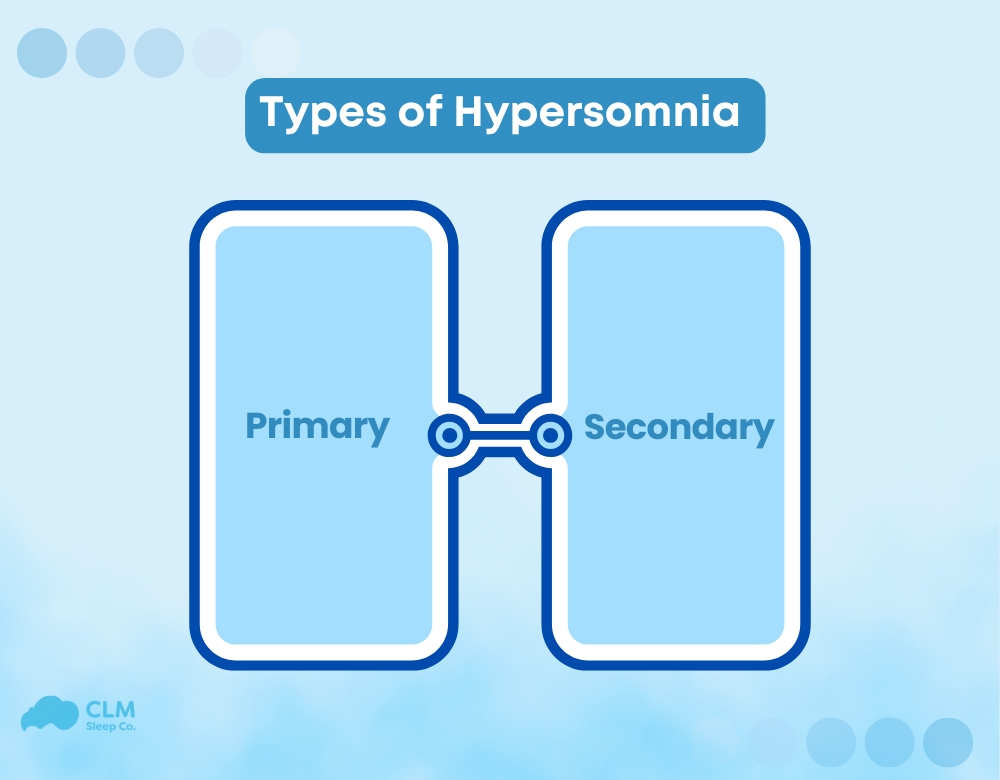
Symptoms of Hypersomnia
The different symptoms through which hypersomnia presents an effect on daily functioning are:
- Excessive daytime sleepiness (EDS): a constant, overwhelming need for sleep during the day, even after a full night’s sleep.
- Difficulty waking up: A person has difficulty fully waking; even with alarms or assistance, the grogginess can be prolonged.
- Cognitive issues: Problems including lapses of memory difficulty in focusing and reduced mental clarity are common further affecting productivity and quality of life.
See more: Identifying Sleep Apnea Symptoms: Are You at Risk?
When to See a Specialist
It is essential to consult a sleep specialist if you experience:
- Persistent excessive sleepiness that disrupts your daily activities.
- Difficulty staying awake in situations requiring focus, such as driving or attending meetings.
- Additional symptoms like depression, hallucinations, or sudden muscle weakness (cataplexy).
Early intervention is crucial for an accurate diagnosis and effective management of hypersomnia.
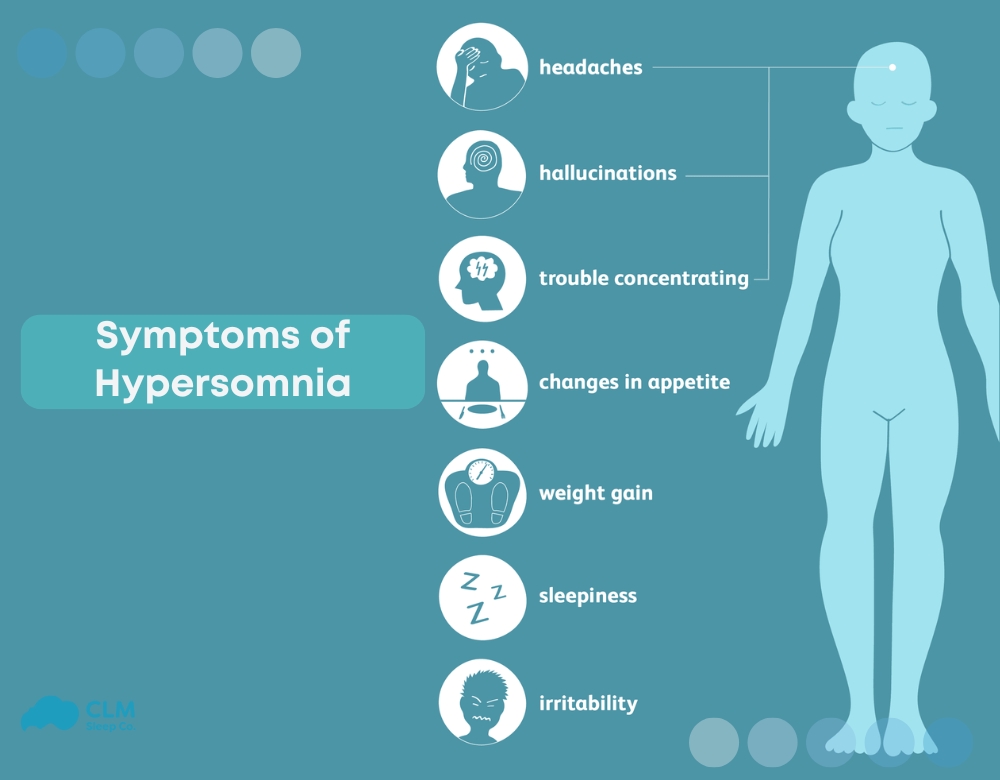
Causes
The cause of most cases of hypersomnia remains unknown. Researchers have looked at the potential roles of neurotransmitters in the brain and cerebrospinal fluid, including hypocretin/orexin, dopamine, histamine, serotonin, and gamma-aminobutyric acid (GABA). A genetic link may be possible since a family history is present in up to 39% of people with idiopathic hypersomnia. Researchers are also exploring the role of certain genes in circadian rhythm that may be different in people with idiopathic hypersomnia.
Diagnosis
Your sleep specialist will ask about your symptoms, medical history, sleep history, and current medications. You may be asked to keep track of your sleep and wake patterns using a sleep diary. Additionally, you might be asked to wear an actigraphy sensor, a small, watch-like device worn on your wrist that tracks disruptions in your sleep-wake cycle over several weeks.
Other hypersomnia tests your sleep specialist may order include:
- Polysomnography: This overnight sleep study measures brain waves, breathing patterns, heart rhythms, and muscle movements during sleep stages. It is performed in a hospital, sleep study center, or designated site under the supervision of a trained sleep specialist. This test helps diagnose disorders believed to cause sleepiness.
- Multiple Sleep Latency Test (MSLT): This daytime test measures a person’s tendency to fall asleep during five, 20-minute nap trials scheduled two hours apart. It records brain activity, including the number of naps containing REM sleep.
- Sleep Questionnaires: You may be asked to complete sleep questionnaires like the Epworth Sleepiness Scale or the Stanford Sleepiness Scale to rate your sleepiness.
According to the Diagnostic and Statistical Manual of Mental Disorders (DSM), you would be diagnosed with hypersomnia if you:
- Experience excessive sleepiness despite at least seven hours of sleep and have at least one of the following symptoms: (a) lapse into sleep several times within the same day; (b) get more than nine hours of sleep and still don’t feel refreshed; or (c) don’t feel fully awake after an abrupt awakening.
- Experience hypersomnia at least three times a week for at least three months.
- Report that the hypersomnia is causing significant distress or impairment in mental, social, work, or other areas of functioning.
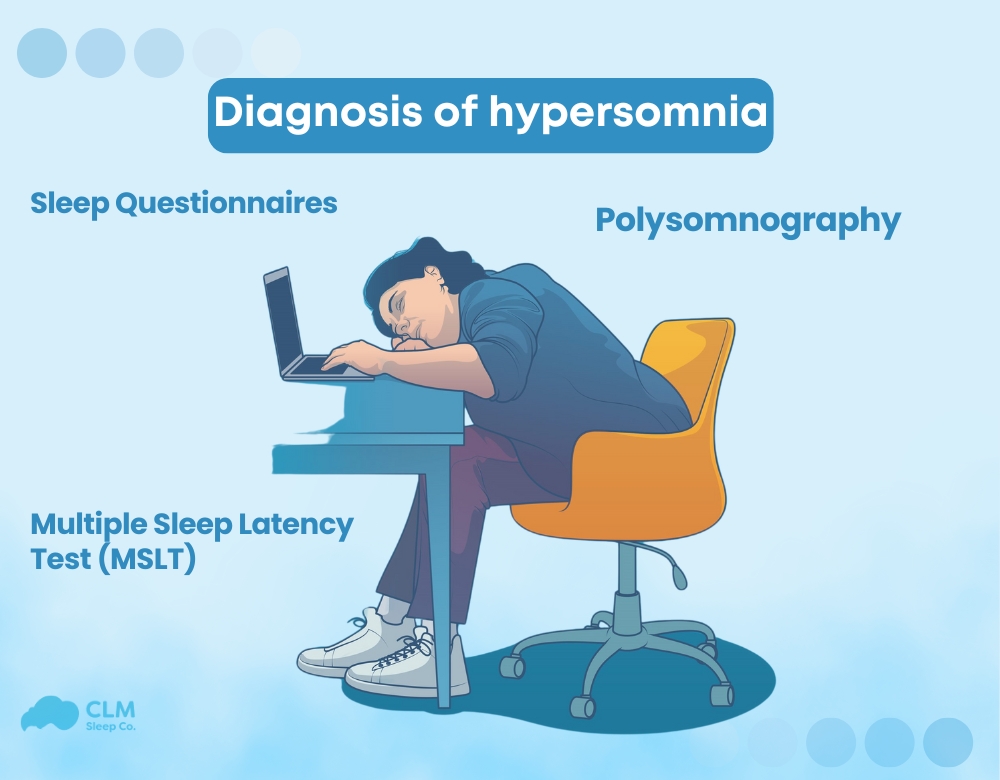
Treatment
Treatment approaches include:
- Medications: Stimulants, wakefulness-promoting agents, or antidepressants can reduce excessive daytime sleepiness.
- Lifestyle modifications: Maintaining a consistent sleep schedule, practicing good sleep hygiene, and avoiding alcohol or caffeine.
- Therapy: Cognitive-behavioral therapy (CBT) can address psychological factors contributing to hypersomnia.
References to sleep aid devices: CPAPdiscount machines
Tips living with hypersomnia
Adopting practical strategies can greatly help in managing hypersomnia and improving daily life.
- Maintain a routine: Consistent sleep and wake times can improve overall sleep quality.
- Take scheduled naps: Short, planned naps can help manage daytime sleepiness.
- Optimize your environment: Create a comfortable, distraction-free sleep setting.
- Stay active: Regular physical activity can boost energy levels.
- Seek support: Join support groups or connect with others facing similar challenges.
FAQs
Here are answers to common questions about hypersomnia to help you better understand this condition.
Is hypersomnia curable?
While there’s no definitive cure for primary hypersomnia, treatments can effectively manage symptoms and improve quality of life. The treatment approach depends on the type and its underlying causes. For secondary hypersomnia, addressing the root cause often leads to significant relief. It’s essential to work closely with a healthcare provider to find the most effective treatment plan for your specific needs.
How is hypersomnia diagnosed?
Diagnosis involves a multi-step process that includes a detailed medical history, sleep studies, and specific diagnostic tests. Polysomnography and the Multiple Sleep Latency Test (MSLT) are often used to evaluate sleep patterns and excessive daytime sleepiness. Additionally, questionnaires like the Epworth Sleepiness Scale help assess the severity of symptoms. The process ensures that other conditions, such as sleep apnea or narcolepsy, are ruled out.
Can lifestyle changes help hypersomnia?
Yes, lifestyle changes can play a significant role in managing symptoms. Maintaining a consistent sleep schedule, optimizing sleep hygiene, and incorporating regular physical activity can help improve energy levels and reduce daytime sleepiness. Avoiding stimulants or alcohol close to bedtime is also beneficial. While lifestyle adjustments alone may not fully resolve it, they complement medical treatments effectively. While there’s no definitive cure for primary hypersomnia, treatments can effectively manage symptoms.
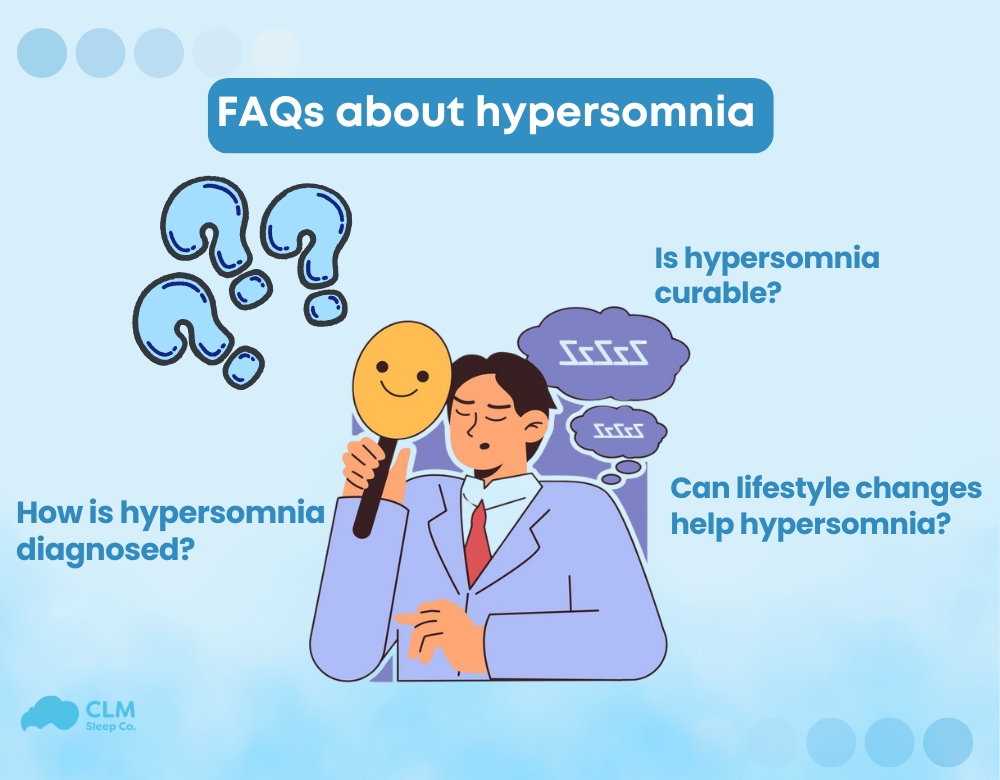
Conclusion
Hypersomnia is a challenging condition, but with the right approach, it is possible to lead a fulfilling life. Proper diagnosis and treatment can help individuals manage their symptoms and enhance their quality of life. If you suspect hypersomnia, consult a healthcare provider to explore effective treatment options.
For comprehensive care and the latest in sleep health, trust CLM Sleep, your go-to provider for devices designed to improve sleep quality. Visit our website or contact us today to explore our range of sleep-enhancing solutions and start your journey toward better sleep and improved well-being.
